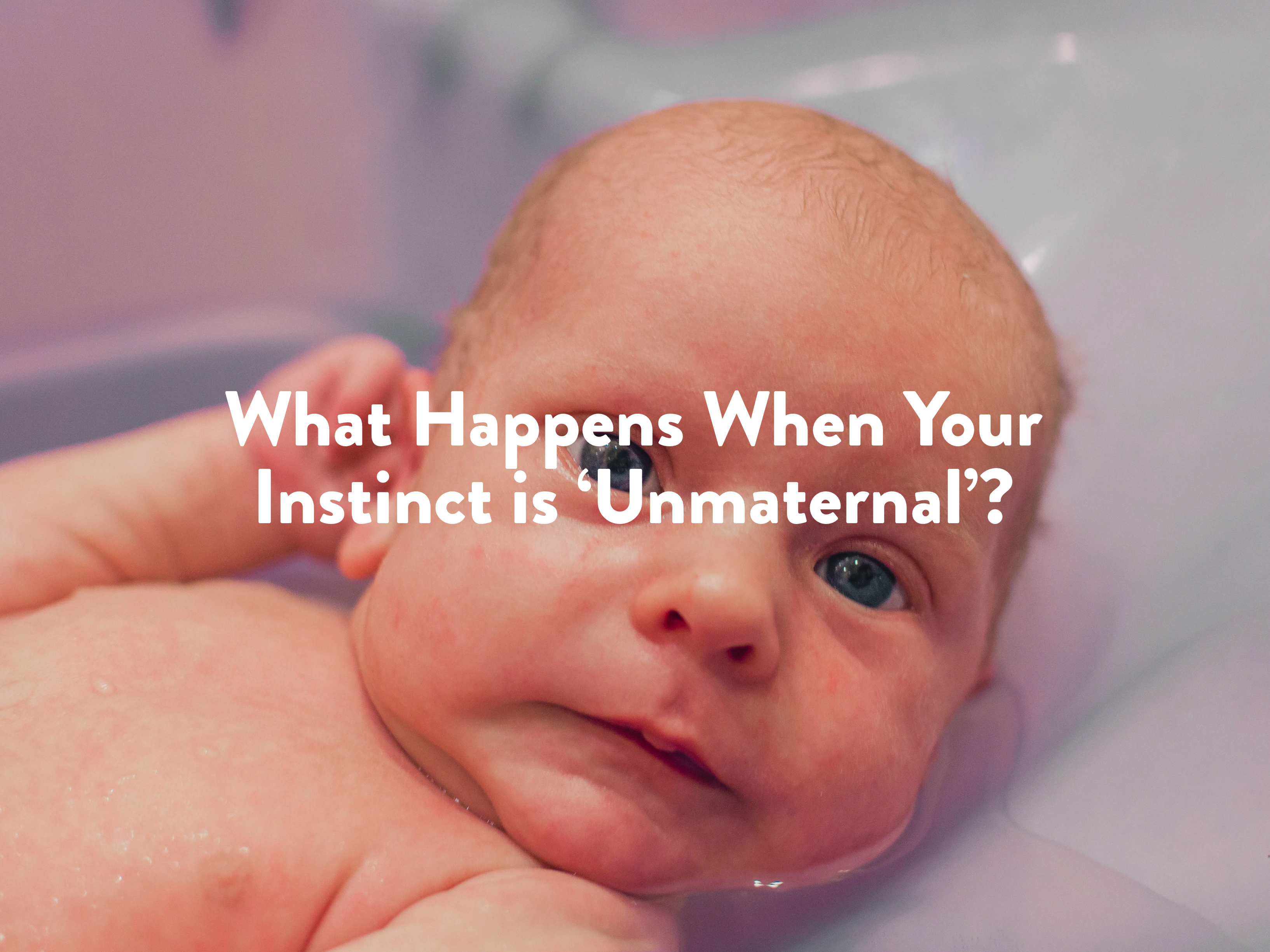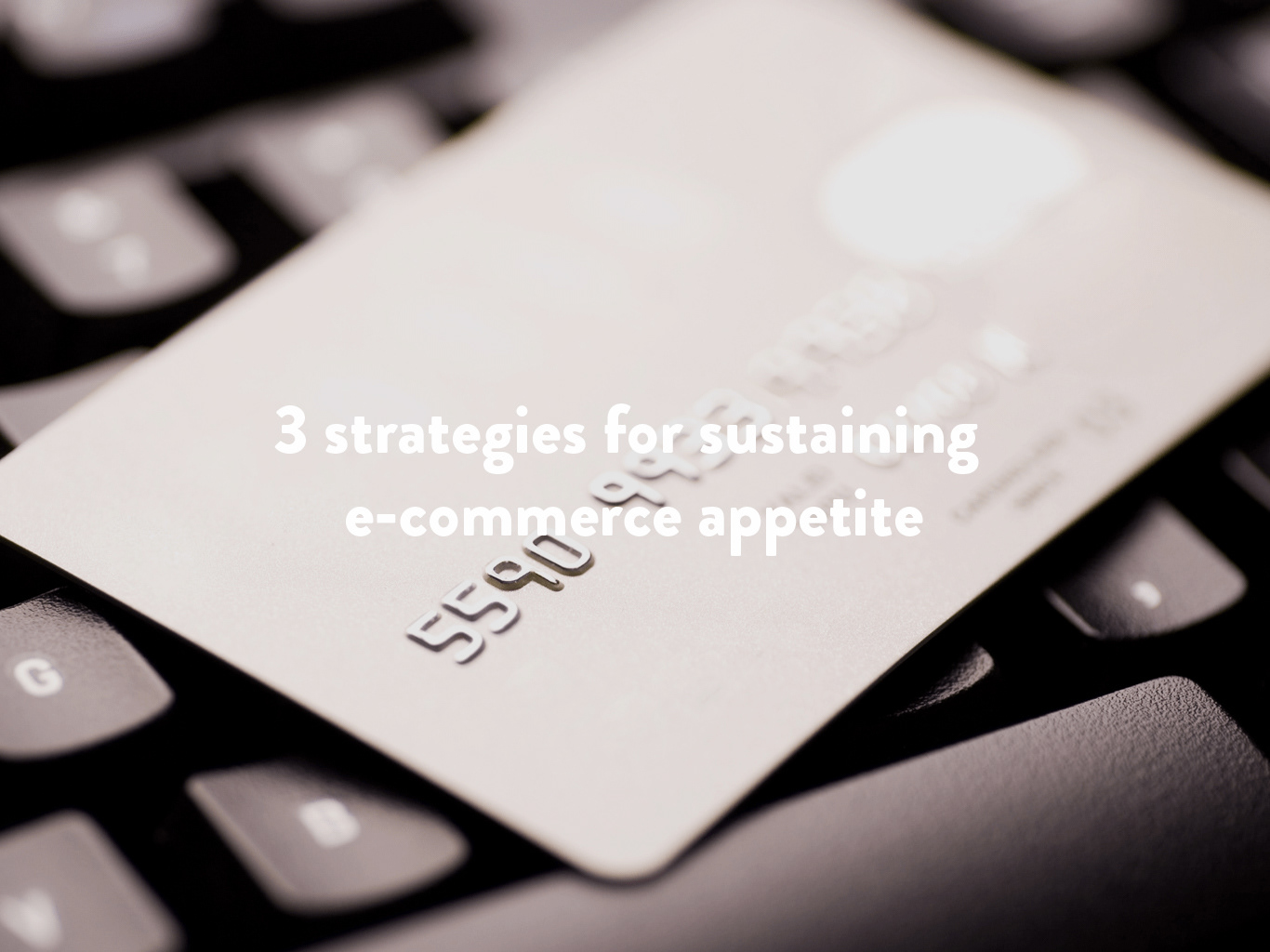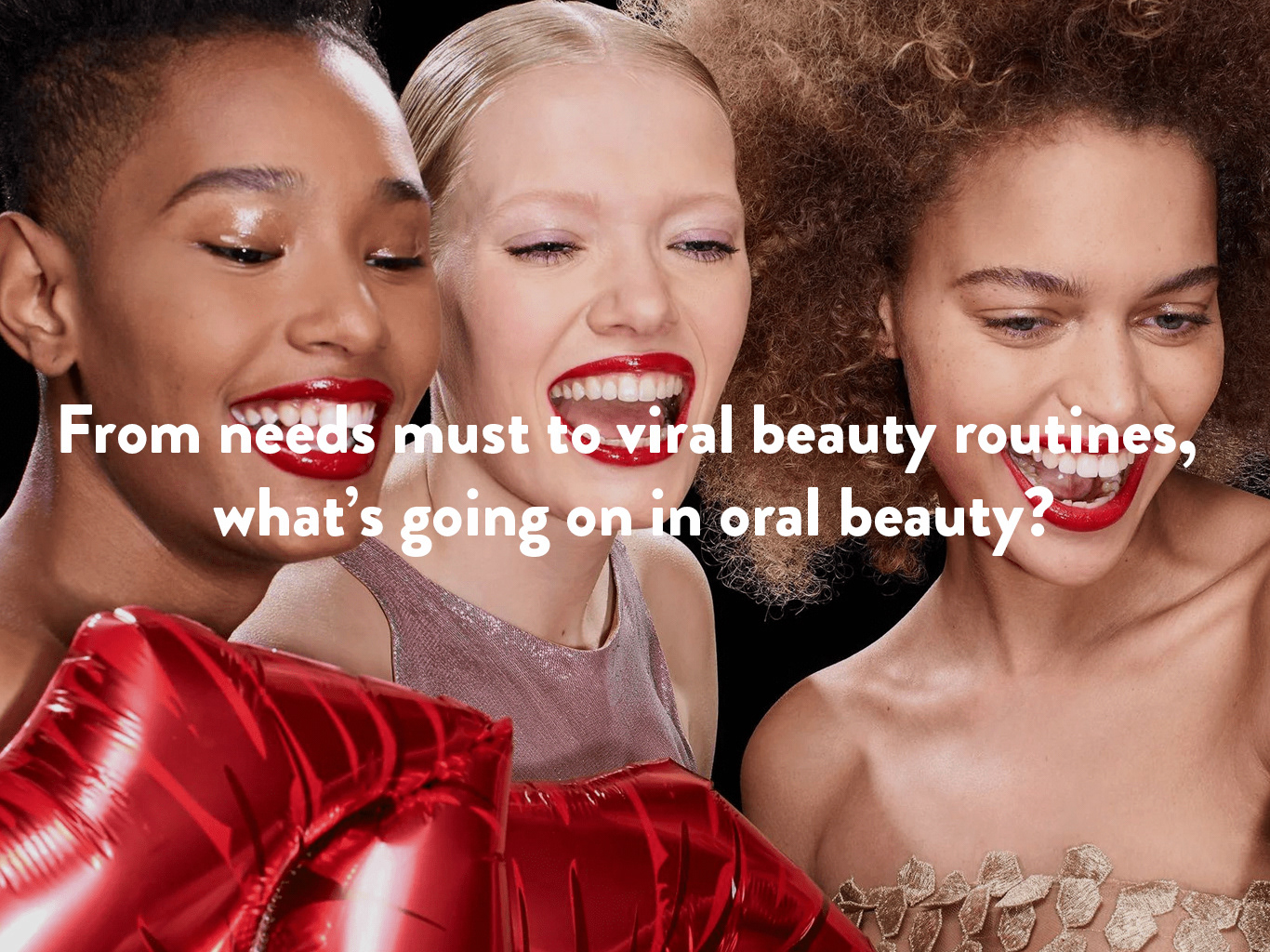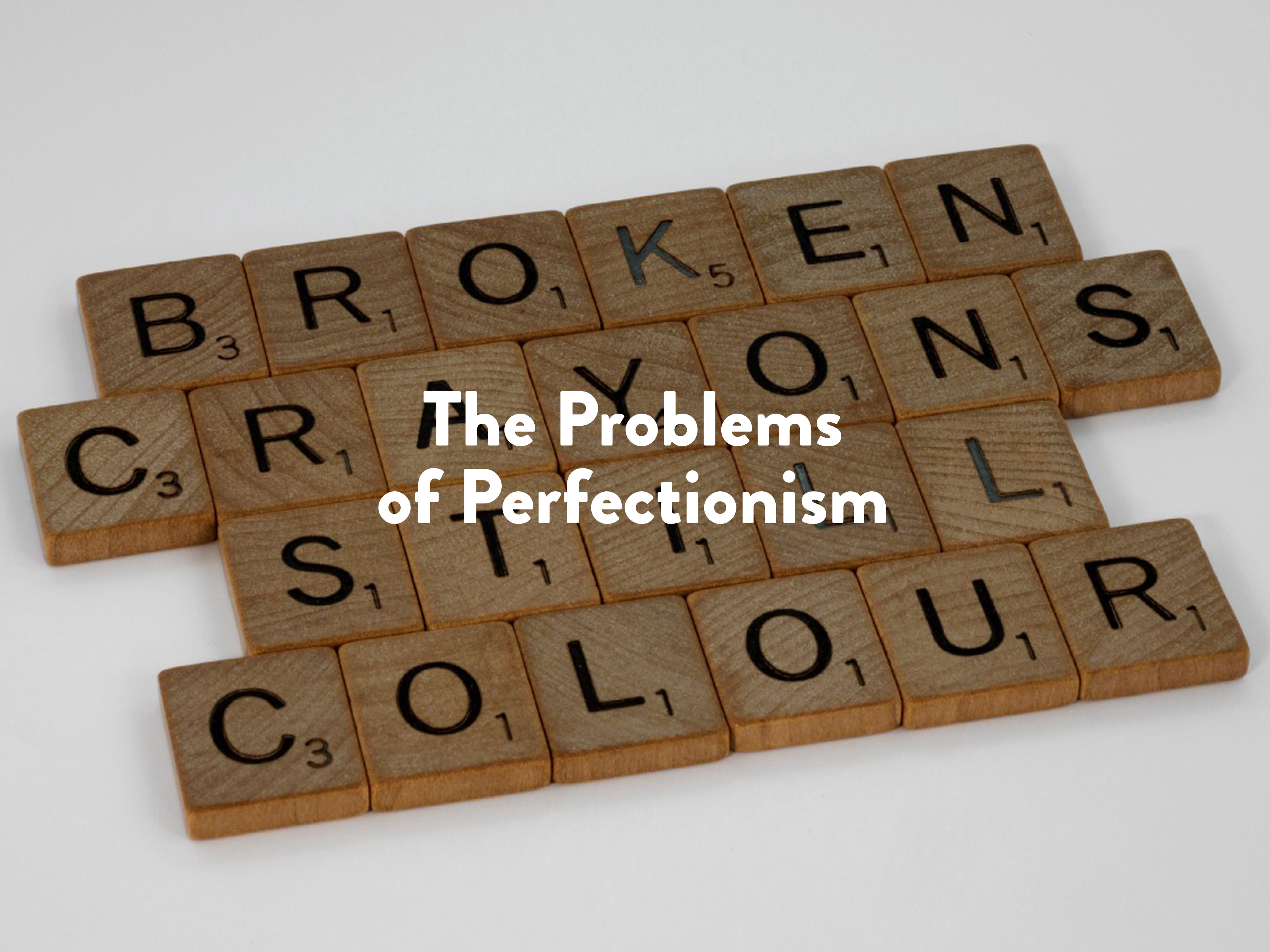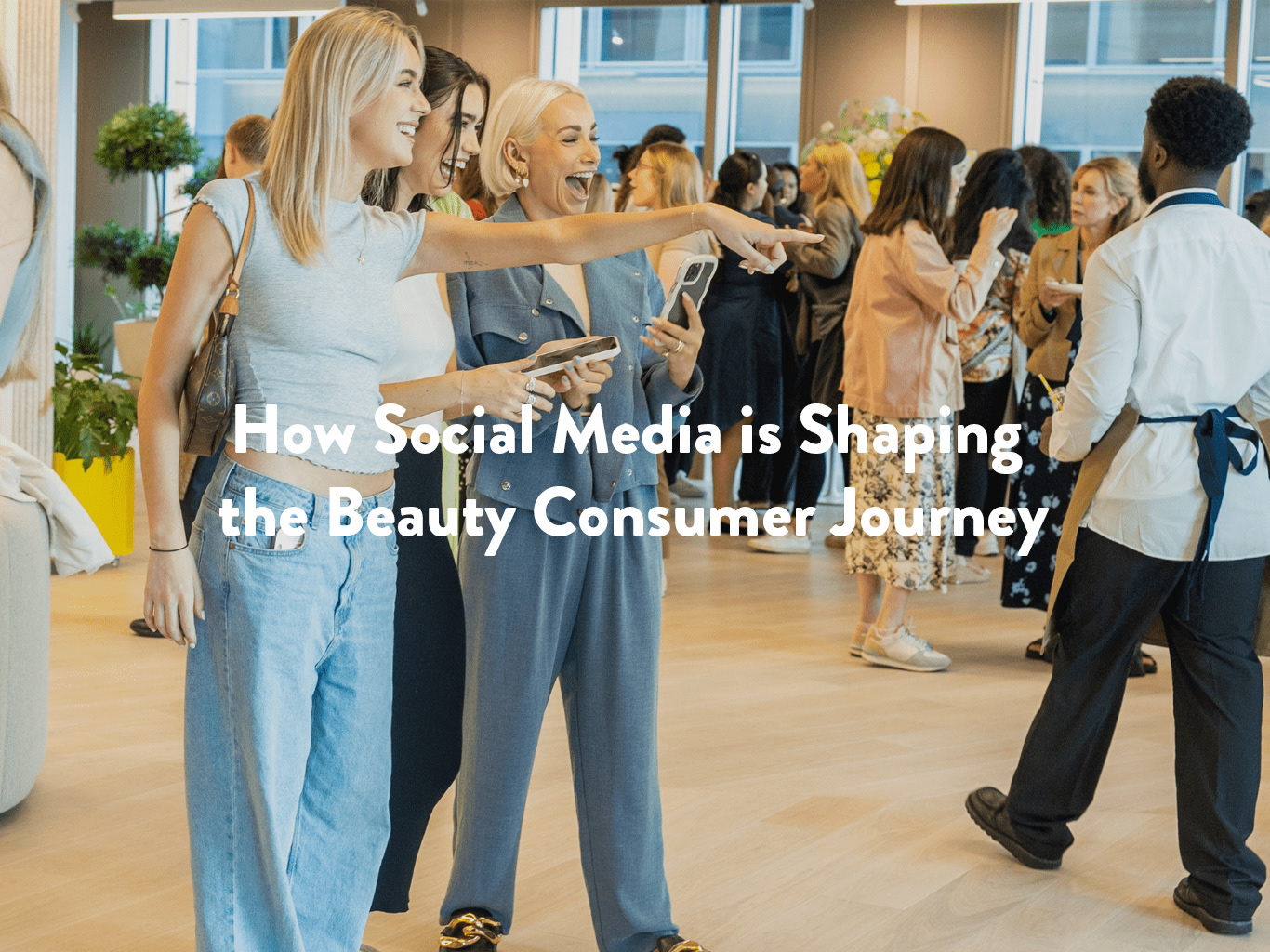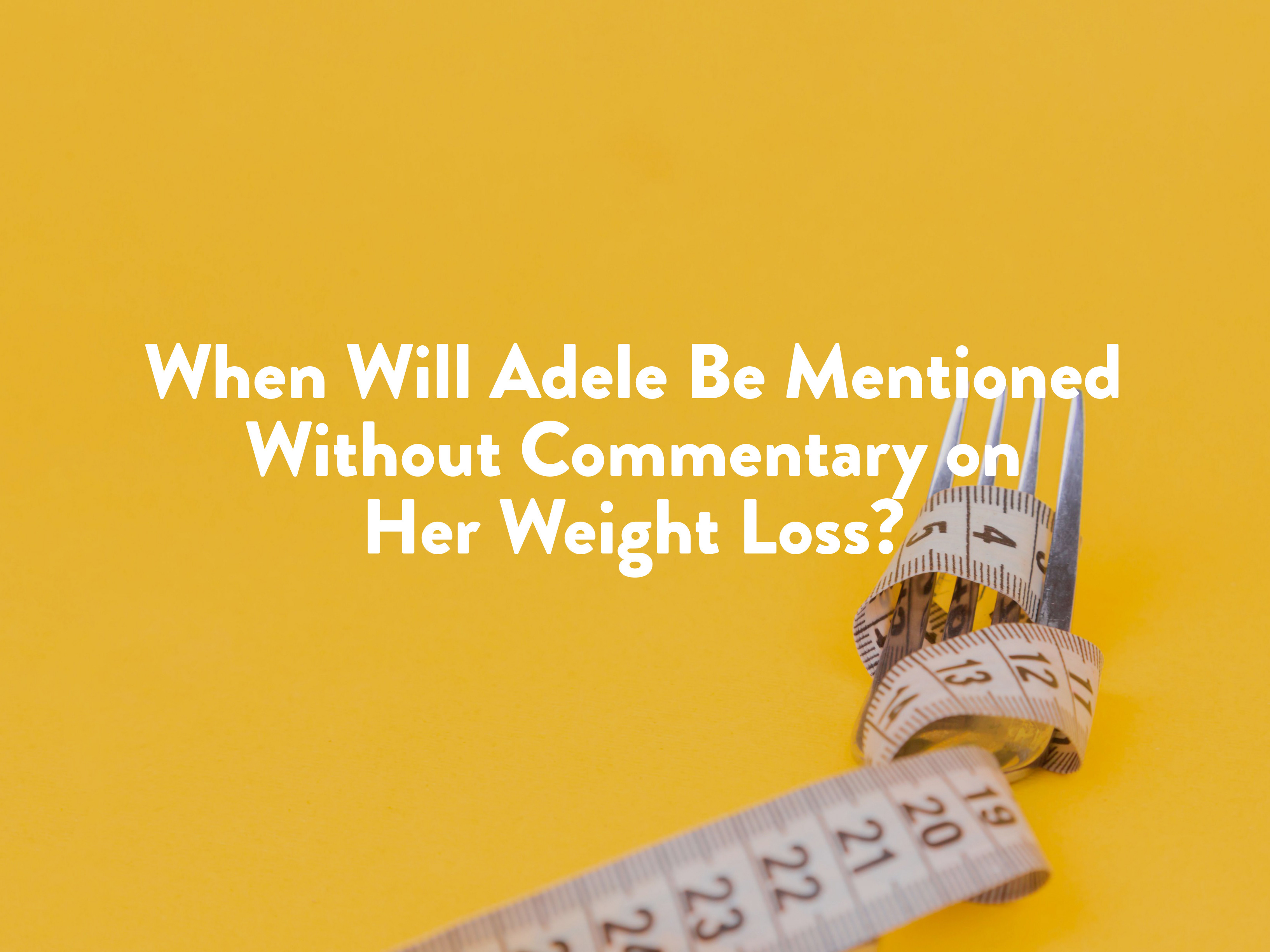With inflation still remaining above the 10% mark, people are continuing to adapt their behaviours to new prices, budgets, and ways of life.
Here, we explore how to appeal to beauty lovers as they tackle the new economic terrain.
Having unpicked WARC’s tiers of tolerance, which set out how people are shopping as a consequence of the cost of living crisis, it’s vital to understand the ways in which brands can appeal to consumers whatever their budget.
Here, we explore how to appeal to beauty lovers as they tackle the new economic terrain.
Having unpicked WARC’s tiers of tolerance, which set out how people are shopping as a consequence of the cost of living crisis, it’s vital to understand the ways in which brands can appeal to consumers whatever their budget.
It’s abundantly clear that the significance of beauty’s role in the Cost of Living Crisis is tremendous. So, what are beauty consumers seeking when it comes to investing in new beauty?
Demand for brand transparency
During the pandemic, people used their free time to research and exchange information on brands and services. Now, more than ever, consumers are conscious of their products’ supply chains and have an increased awareness of factors including carbon footprint, pricing and ingredients, as well as equity, fairness and inclusion.
During the pandemic, people used their free time to research and exchange information on brands and services. Now, more than ever, consumers are conscious of their products’ supply chains and have an increased awareness of factors including carbon footprint, pricing and ingredients, as well as equity, fairness and inclusion.
Online communities such as Caroline Hirons’ Skincare Freaks Facebook Group have created armies of ‘armchair beauty’ experts who study and discuss the ins-and-outs of the beauty industry.
These groups are prepared to hunt down the most reputable brands and businesses leading the way in transparency across NPD, formulations, operations or services. What’s more, ‘deinfluencing’ is becoming the mainstream, which sees content creators share candid reviews of products that they think consumers should avoid investing in.
While a third of the UK have sacrificed, or have considered sacrificing, their ethics and values when buying skincare due to the cost of living crisis, consumers continue to research and venture elsewhere whenever possible. And, there is no doubt that they will drop a brand if it is deemed not to have behaved transparently.
The Future Laboratory’s deputy creative foresight editor, Livvy Houghton backs this, emphasising that the brands that have long been ‘open and honest about pricing from the get-go can lead the way when it comes to delivering meaningful beauty experiences to customers during the downturn.’
Demand for product efficacy and versatility
Consumers are increasingly seeking products that they can use in more ways than one. Multi-purpose products span lipsticks that moisturise and offer additional nourishment through antioxidants, hair treatments that offer not one but seven benefits, tanning products that adapt to the skin to add glow and replace the need for makeup, or even foundation that doubles as skincare.
Demand for product efficacy and versatility
Consumers are increasingly seeking products that they can use in more ways than one. Multi-purpose products span lipsticks that moisturise and offer additional nourishment through antioxidants, hair treatments that offer not one but seven benefits, tanning products that adapt to the skin to add glow and replace the need for makeup, or even foundation that doubles as skincare.
NARS’ Light Reflecting Foundation was the biggest prestige US launch in 2022, according to data from The NPD Group. With 70 per cent of its ingredients being skin-care-based, such as cacao peptides and milk thistle, it’s easy to see why. While hybrid products are by no means a new development, the number of offerings across both independent and mass markets are growing significantly.
However, while consumers seek simplification, they also want their routines to work harder. The increased interest in clinician-led brands when treatment destinations shut during lockdowns has not ebbed, consumers are seeking more robust formulations and tools like jade rollers or gua sha to deliver the same benefits as a professional facial.
Beauty = Health = Wealth
Since the pandemic, skin health has become synonymous health, with 50% of global consumers now defining beauty as ‘looking healthy’. Wellness has become priority number one for all via the intersection of skin health, beauty, and wellbeing.
Beauty = Health = Wealth
Since the pandemic, skin health has become synonymous health, with 50% of global consumers now defining beauty as ‘looking healthy’. Wellness has become priority number one for all via the intersection of skin health, beauty, and wellbeing.
No matter the spending ability, everyone recognises and seeks beauty’s ability to uplift, soothe, and maintain confidence – no matter how small or extensive the effort is. Be it a splash of colour with dopamine makeup to sensorial aromatherapy products like facial mists.
As Mindbody’s 2023 Wellness Index reveals, beauty has now fully extended into relaxation. It’s about practising self-care and mental wellbeing, a means of coping. Since the pandemic, face masks and bubble baths are no longer seen as fluffy self-indulgences, they’ve become a staple for switching frayed and fearful to relaxed and recharged.
• • •
Originally published on British Beauty Council

